
Mr. Phan Trung Tuan, Director of the Department of Local Government ( Ministry of Home Affairs ) - Photo: VGP
The seminar was organized by the Government Portal in coordination with the Office of the Hanoi People's Committee, in the context that the whole country is implementing the two-level local government model in 34 provinces and cities with 3,321 commune-level administrative units from July 1, 2025.
The two-tier local government model initially operates effectively.
Sharing at the discussion, Mr. Phan Trung Tuan, Director of the Department of Local Government (Ministry of Home Affairs), said that after about 3 weeks of implementation, the 3-level local government model has initially operated smoothly and effectively, without interruption in operations.
Notably, the People's Committees at the commune level have quickly improved their organizations and put into operation public administrative service centers, well meeting the needs of people and businesses.
According to the Ministry of Home Affairs, the handling of administrative procedures at the grassroots level is taking place quite synchronously. Most localities, especially at the commune level, have put the public service handling system into operation, connected to the National Public Service Portal, facilitating online document processing.
The number of administrative records processed electronically is increasing steadily day by day. In many localities, the volume of online records is now quite large and meets the practical requirements of the two-tier local government model.
Communes are the front line, shouldering a large amount of work.
According to Mr. Phan Trung Tuan, the commune level is currently the front line, the most direct and closest place to the people. Not only taking on the tasks that were previously under its authority, the commune level government also has to shoulder most of the work transferred from the district level after the district level ceased operations.
Along with that is a series of new tasks from decrees, laws, circulars on decentralization and delegation of power, bringing the total number of tasks to be performed at the commune level up to 1,065 tasks. The pressure is increasing rapidly, while the demands from people and businesses are increasing, especially when the government shifts to a service-oriented administrative model instead of a traditional management-oriented administrative model.
Furthermore, digital transformation is an inevitable requirement but also a big challenge for the team of cadres and civil servants at the commune level. Meanwhile, the level and skills between localities and regions are still large. Even within a commune, the level of cadres is not uniform, creating a gap in capacity in the organization and operation of the government.
"In fact, not only in local authorities at the commune level but also in many agencies, many people who do good work will be under pressure because leaders assign more work," said Mr. Phan Trung Tuan.
Faced with the reality of large workloads and high service quality requirements, many commune-level officials expressed pressure and even thought of quitting their jobs.
Therefore, Mr. Phan Trung Tuan believes that there should be appropriate mechanisms and policies from both the central and local levels to support and motivate the team of communal-level officials and civil servants. At the same time, it is necessary to screen and retain capable people, create favorable conditions in terms of equipment, working environment, and income to attract and retain talented people.
Regarding the staffing issue, Mr. Phan Trung Tuan said that, for now, the staffing of cadres and civil servants will be basically maintained to carry out tasks in the area. In the coming time, the Ministry of Home Affairs will advise the Government and coordinate with the Central Organizing Committee to re-determine job positions and workloads, thereby building criteria and standards for the number of cadres and civil servants suitable for both provincial and grassroots levels. These proposals will be reported to the Politburo for consideration and decision.
Identifying human resources as the key factor, the Ministry of Home Affairs is promoting training and professional development for commune-level officials and civil servants. This July, training courses were deployed in Dien Bien province and will continue to be held in Ho Chi Minh City and many other localities.
Mr. Phan Trung Tuan also highly appreciated many localities that have had innovative initiatives in the way of working to improve the efficiency of commune-level government operations and reduce pressure on staff. For example, in Cua Nam Ward (Hanoi), AI and robot technology have been used to support system operations. Da Nang City also cooperated with FPT University and Vietnam - Korea University of Technology, sending more than 200 final-year students to directly support commune and ward-level units. Provinces such as Thai Nguyen and Ninh Binh also have similar models. These are creative and effective ways of working that need to be replicated.
Affirming that the two-level local government model is a correct policy of the Party and the State, Mr. Phan Trung Tuan said that although it has just been implemented in the first stages, the practical effectiveness has been clear. However, for the model to operate stably and sustainably, the synchronous participation of the entire political system is needed.
“The Ministry of Home Affairs will continue to closely monitor the situation, promptly summarize difficulties and problems to report to the Government and competent authorities for consideration and resolution. The goal is to ensure the two-level government model operates effectively, best serving the people and businesses,” Mr. Phan Trung Tuan emphasized.
Thu Giang
Source: https://baochinhphu.vn/bo-noi-vu-se-ra-soat-vi-tri-viec-lam-khoi-luong-cong-viec-lam-co-so-xay-dung-bien-che-102250724171439535.htm







![[Photo] Prime Minister Pham Minh Chinh chairs the first meeting of the Central Steering Committee on housing policy and real estate market](https://vphoto.vietnam.vn/thumb/1200x675/vietnam/resource/IMAGE/2025/9/22/c0f42b88c6284975b4bcfcf5b17656e7)

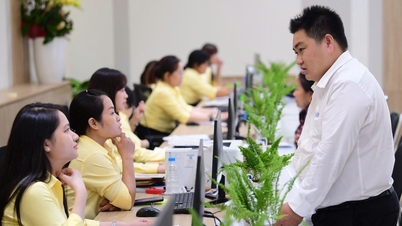











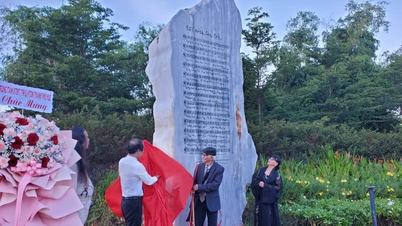









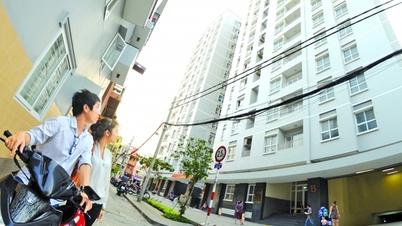
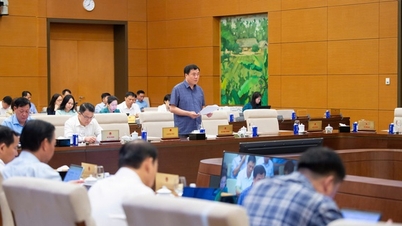


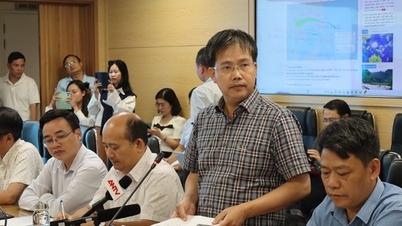

![[Photo] General Secretary To Lam presents the First Class Labor Medal to the Vietnam National Energy and Industry Group](https://vphoto.vietnam.vn/thumb/1200x675/vietnam/resource/IMAGE/2025/9/21/0ad2d50e1c274a55a3736500c5f262e5)



























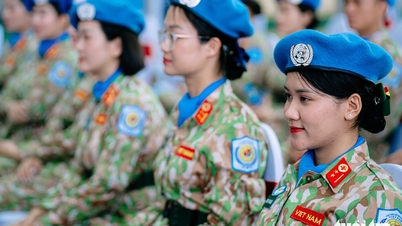








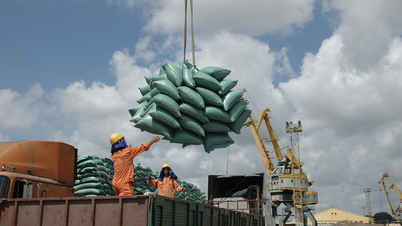











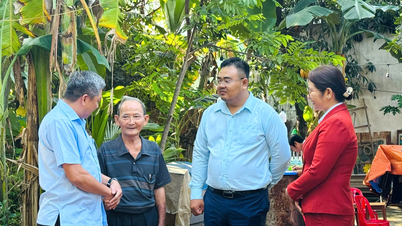










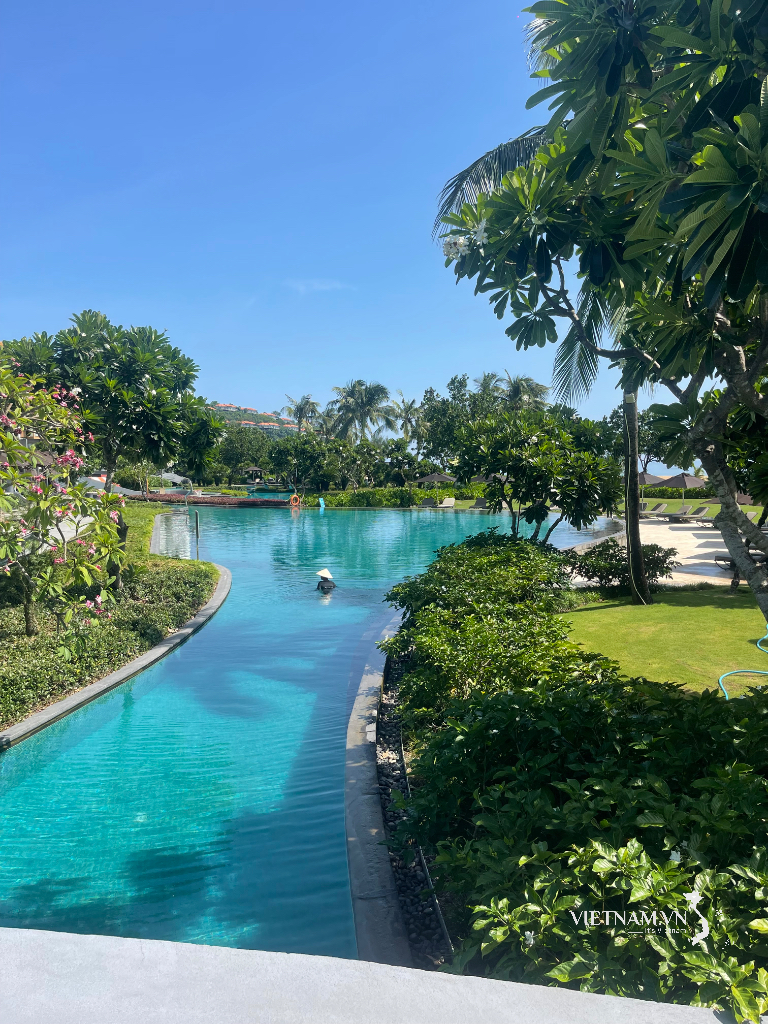

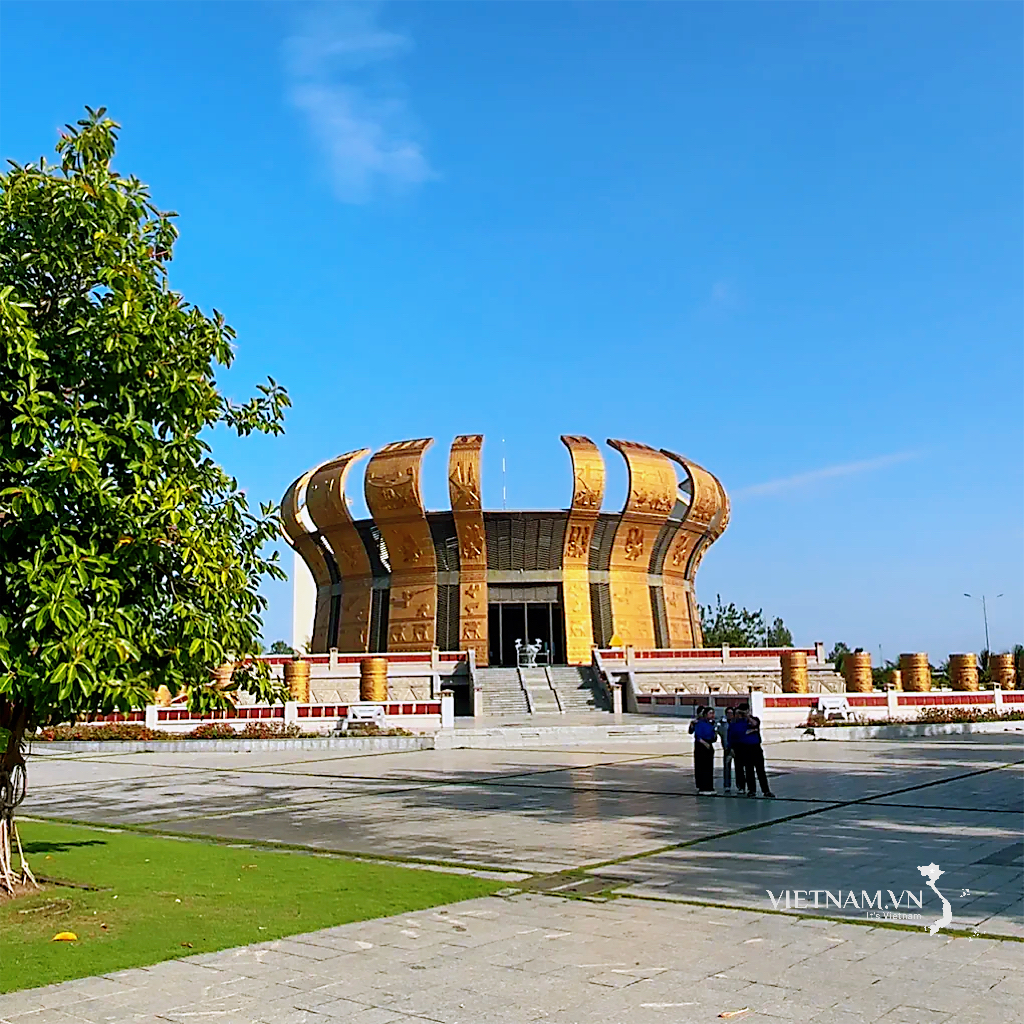

Comment (0)